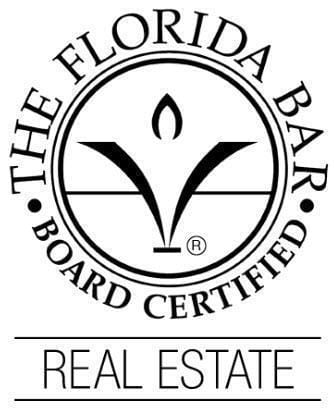If you’re planning on selling an investment property any time soon, it’s likely that you’ll gain a significant amount of profit when you do. If you allow this profit to become a source of income for you, it will mean that you’ll be subject to capital gains tax.
Many people want to use the profits that they make from an investment property and use it as leverage to buy a new investment property. If this is your ultimate goal, you’ll likely be able to do this and defer the capital gains taxes by going through a 1031 exchange. However, to be successful in this, you’ll need to make sure that you follow all the rules and regulations. There’s a lot to be gained by going through a 1031 exchange, but it’s important that you also understand the potential downsides before committing.
You’ll be subject to a tight timeline
You’ll need to act fast if you want to reap the benefits of a 1031 exchange. You will have 45 days in which to identify a shortlist of properties that you are interested in buying. This may mean that you don’t have enough time to be strategic and find the most lucrative deal.
Leftover cash will be taxed
If you have cash that’s leftover after closing on the exchange property, this will be paid back to you, and it will still be subject to tax.
Being clued up on how 1031 exchanges work before selling your investment property will help you to reap the benefits and avoid the potential constraints. In this way, you’ll be able to defer taxes and keep making lucrative investments.




